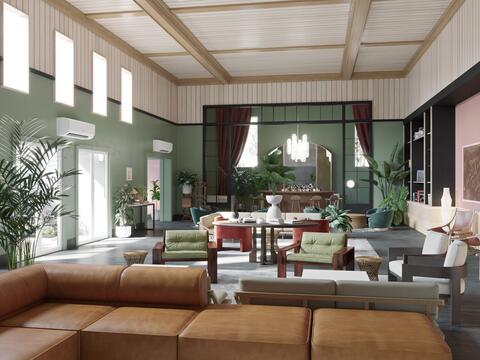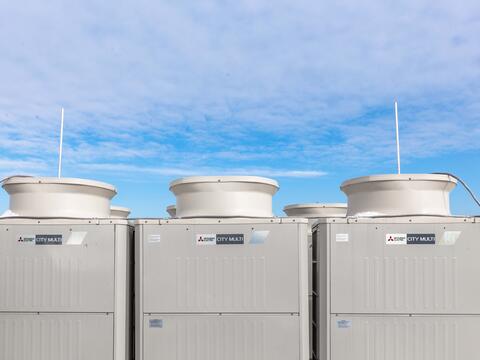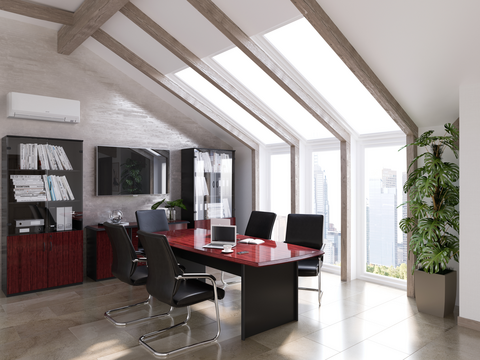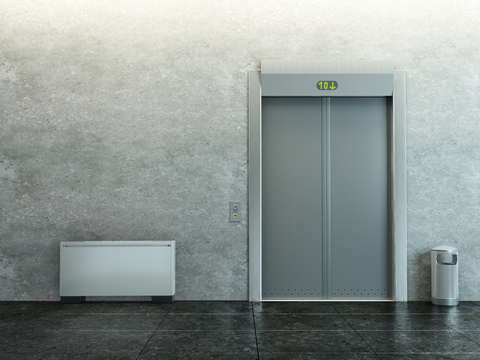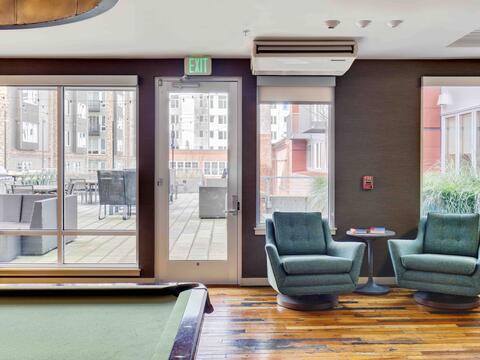Ductless Heat Pumps as a Top Alternative to Electric Baseboard Heat
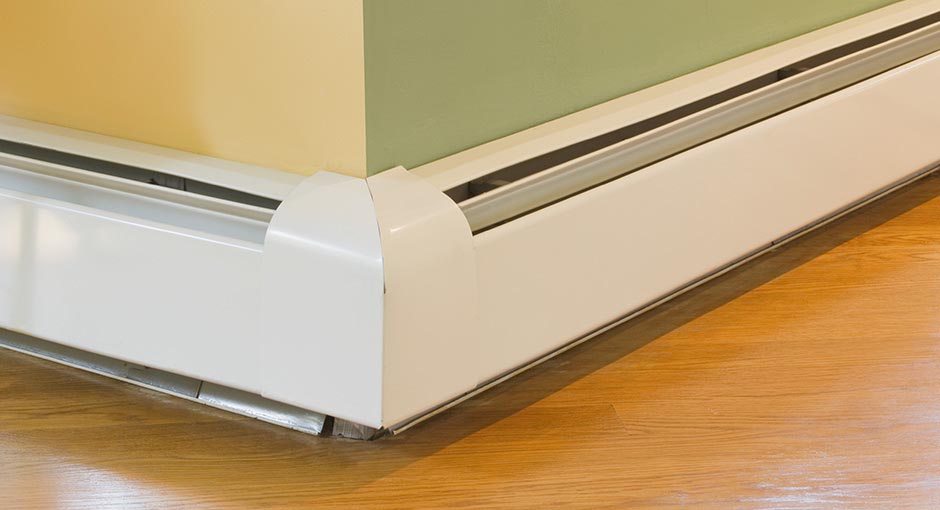
HEAT PUMPS VS. ELECTRIC BASEBOARD HEAT: TWO VERY DIFFERENT DUCTLESS OPTIONS
Whether they're conventional or hydronic, high-quality, electric baseboard heaters have provided a fairly simple, reliable and cost-effective supplement to central air for many homeowners. But energy efficient split-ductless heat pumps provide an alternative to electric baseboard heat that rivals them in every critical aspect without the necessity of invasive ductwork. Learn more about baseboard heaters and the alternative mini split option below to make the choice that’s right for your home.
ABOUT BASEBOARD HEATERS
The most common baseboard heaters are electric. They contain electric heating elements contained in metal pipes and are controlled by thermostats in each room. They are installed under windows so their rising warm air will counteract cool air falling from the window. The units must be placed by a window to work correctly and they have to be fitted perfectly to avoid losing heat between the unit and the wall.
Hydronic baseboards still run on electric power, but instead of an electric element warming the air directly, it warms air, water or oil, which in turn heats the air. They are also more expensive than standard electric baseboard heaters. In either form, electric baseboards are often seen as an alternative or supplement to central air systems, but there are other alternatives – and they may provide greater benefits.
Baseboard Heaters Come With Common Drawbacks
The quality of baseboard heaters varies wildly and there are a few drawbacks that may have you considering alternatives:
- Many of the older and more affordable models can be noisy, disrupting the use of a space.
-
They provide inconsistent temperature control and require proper insulation and connection to a line voltage thermostat to function properly/adjust temperature automatically. When not connected, temperature control is poor.
-
Baseboard heaters are hot to the touch and — since they hug the wall on the floor — are in reach of children and pets, which can present safety concerns.
-
Baseboard heaters produce very dry heat that can lead to irritation of the skin, eyes, nose and throat. This can be counteracted with a humidifier, but running both can increase energy expenditures.
-
Baseboard heaters often produce a burning smell after periods of disuse because of dust that may accumulate.
DUCTLESS HEAT PUMPS: A MORE EFFICIENT AND CUSTOMIZABLE ALTERNATIVE TO BASEBOARD HEATERS
Ductless heat pumps/mini split systems are one of the top alternatives to baseboard heaters if you’re looking for the energy efficiency of electric heat but want to avoid the drawbacks listed above. A ductless mini split provides all the benefits of zoned climate control, and doesn’t require ductwork. But if you’re comparing a mini split system vs electric baseboard, that’s where the similarities stop and ductless heat pumps start to come out on top.
Benefits of a heat pump vs. electric baseboard heater
-
Ductless heat pumps can be controlled remotely and offer more precise temperature control. They can be set up in different rooms with individual controls for each unit
-
They offer versatile installation. Mini split systems don't require proximity to a window to operate correctly, and wall mounted units can be placed up and away from furniture and household objects, so there’s no worry about obstructing air flow. Floor units are cool to the touch, making them a safer option
-
While ductless heat pumps do work best with proper insulation, they can do more than baseboard heat in a room if it’s less than optimal.
-
They are more energy efficient than baseboard heaters – in fact, they are considered one of the most energy-efficient heaters on the market today.
-
Filtration systems built into ductless heat pumps provide fresh, breathable heat, reducing irritation and eliminating the odor of burning dust.


